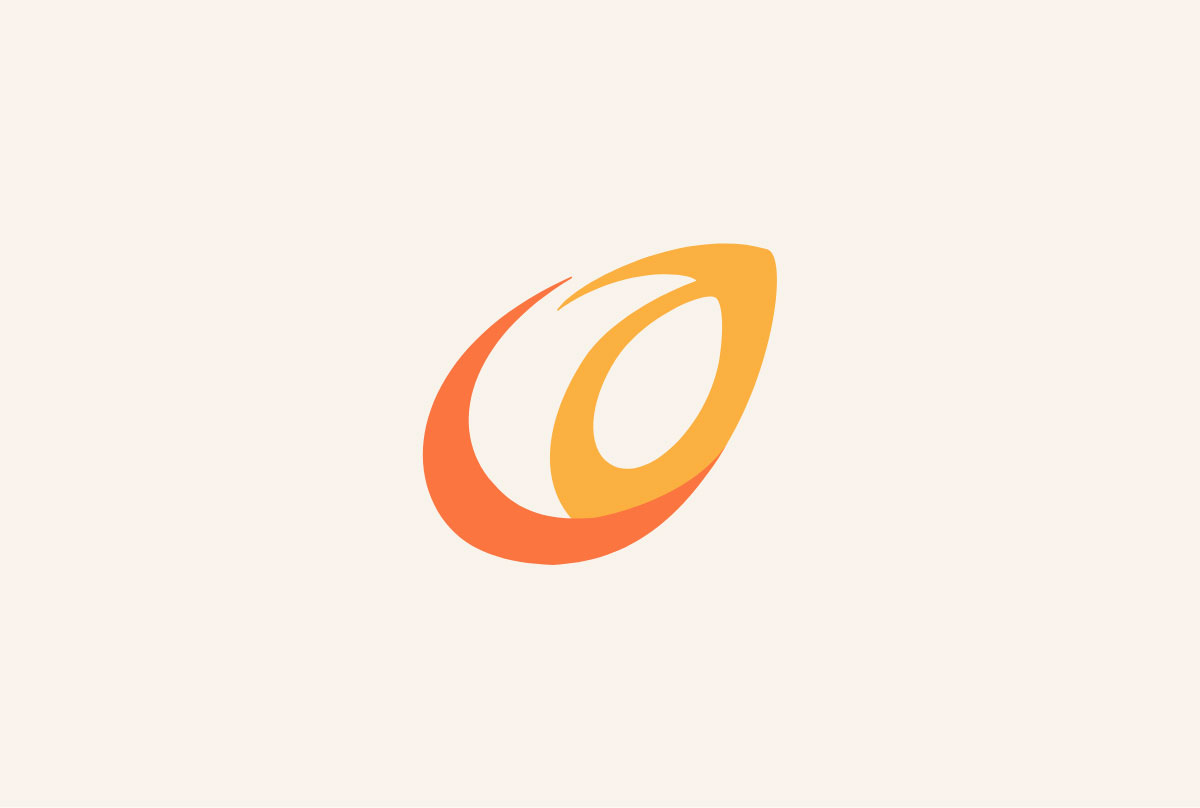The California Department of Pesticide Regulations (CDPR) has created new licensing categories this year for fumigators, whether soil or non-soil applications. Because of an administrative backlog in getting people trained and approved, CDPR has granted an extension of enforcement until the end of March 2024, but industry members need to make sure they are compliant soon or they could face serious fines.
The extension on enforcement of the new rules by county ag commissioners was announced in mid-December after concerns were raised at The Almond Conference earlier that month.
The updated regulations affect more than people associated with the almond industry.
“The new Soil Fumigation (Category L) is required for individuals who perform pest control using a pesticide labeled as a fumigant to control soil pests in sites including fields, forests, golf courses, greenhouses, and individual tree or vine hole sites,” according to guidance put out by the California Association of Pest Control Advisers. “Individuals who previously performed this type of pest control under the Field Fumigation (Subcategory O), which is no longer a subcategory after Dec. 31, 2023, will have to obtain the new Category L if they wish to continue performing soil fumigations.”
In the almond industry, fumigation typically happens at either one of two times.
The first situation is to treat the soil before a new almond orchard is planted. Pre-planting fumigation combats several pests – primarily nematodes – as well as replant disorder. The treatment is carried out by a specially licensed applicator (QAL).
The second situation is the use of post-harvest fumigants to treat stockpiles – nuts in storage and/or prior to shipment. These instances fall under the “non-soil fumigation” licensing category. These fumigants are most commonly at the huller/sheller or processor, though stockpiles can be on a grower’s land. Post-harvest fumigations are aimed at limiting insect damage while the nuts are stockpiled as well as during storage. A treatment is often required to meet export phytosanitary requirements. Most handlers have employees certified in fumigation to handle this task; if not, a PCA or QAL would be called in.
Regardless of who is carrying out the treatment, those people must follow the new training and certification requirements by March 31 to continue to fumigate.
A CDPR official said the new regulations are part of a broader federal effort to raise the bar around certification and training requirements for licensed applicators and pest control advisers across the country. “It’s a lot of changes for a lot of people,” said Karen Morrison of the CDPR during one of the breakout sessions at The Almond Conference.
Anyone with questions about licensing should go to this link at the CDPR’s website or email LicenseMail@cdpr.ca.gov or Alicia.Scott@cdpr.ca.gov.
